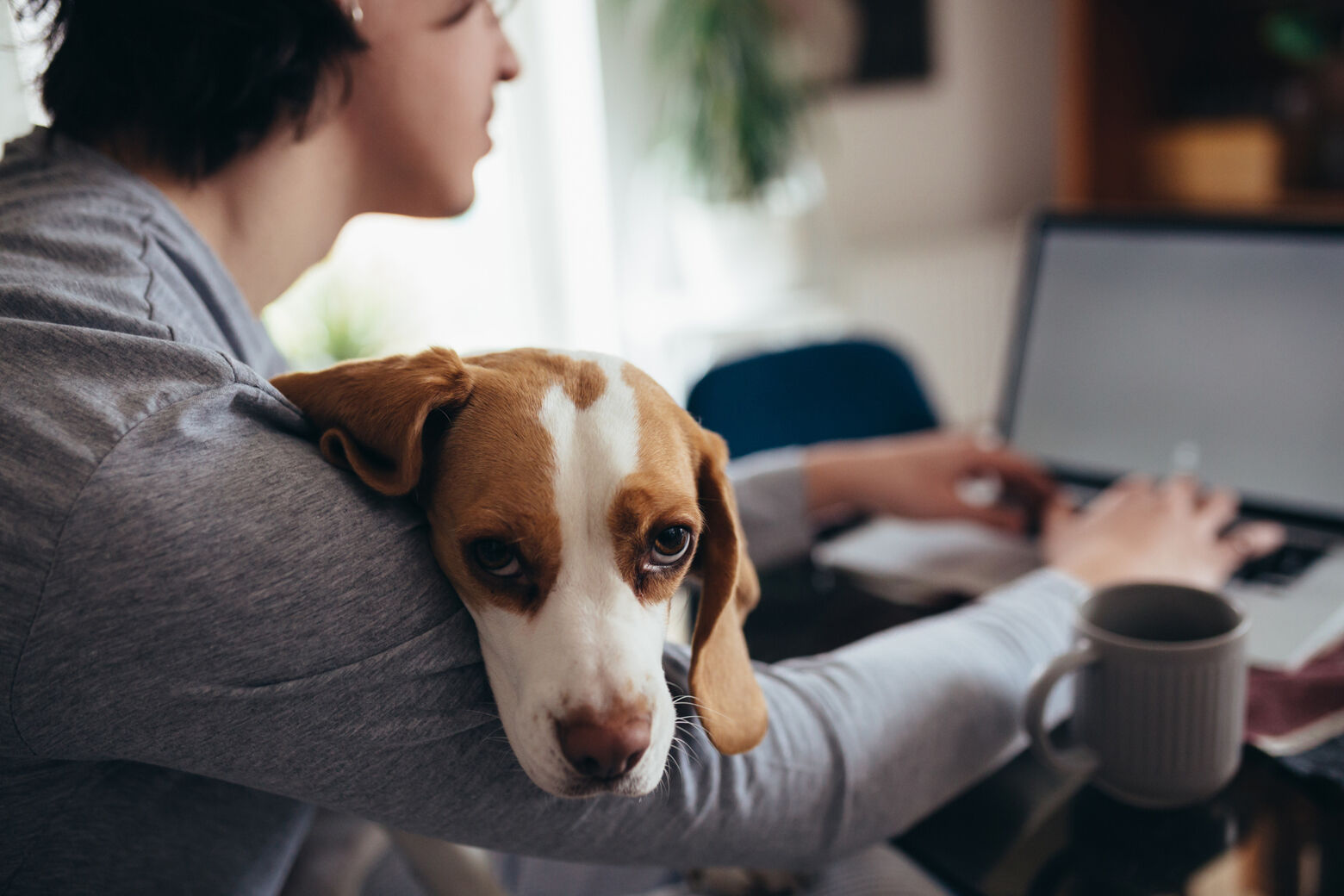
Animal shelters have seen an increased interest in pet adoption or fostering since the coronavirus pandemic left millions of Americans at home all day and looking for additional company.
The increase was especially evident during the first weeks of the pandemic.
“While adoption numbers have leveled off overall, and in some areas decreased, following an early rush to move animals into adopted homes and foster homes, the increase in animals in new foster homes has been significant,” said Kirsten Peek at the Humane Society in D.C.
As work-at-home office employees who have dogs they previously did not have start returning to the office, it could put a strain on companies with pet-friendly office policies.
Pet-friendly policies are already tricky for companies. Not everybody likes dogs. Some people are allergic to them. And companies need at least basic, clear policies about pets in the office.
“Many employers, when they develop those policies, will have items in there such as making sure people are responsible for those pets, making sure those pets aren’t puppies, that they are house trained, that they are not aggressive animals,” Amber Clayton, with the Society for Human Resource Management in Alexandria, told WTOP.
“And they have rules around if the dog is misbehaving, then of course that dog might not be allowed in the office any further.”
If more office workers do ask to take advantage of company pet-friendly policies, there could be a need for more guidelines to control the increase.
“Just for fairness purposes, an employer might decide that maybe on Mondays, Wednesdays and Fridays, certain people can bring their dogs into the office, and Tuesdays and Thursdays, others can. There are concerns about that, and just ensuring that there aren’t so many dogs in the office that it becomes a zoo and a distraction and hinders productivity,” Clayton said.
Many shelters have been taking in significantly fewer animals because of COVID-19 restrictions on staffing and operations, limiting pets available for adoption and fostering.
Most have proactively limited the intake of healthy animals to focus on the most urgent cases. Adoption centers have also suspended the ability for the public to casually visit to reduce the potential spread of COVID-19, according to the Humane Society.








